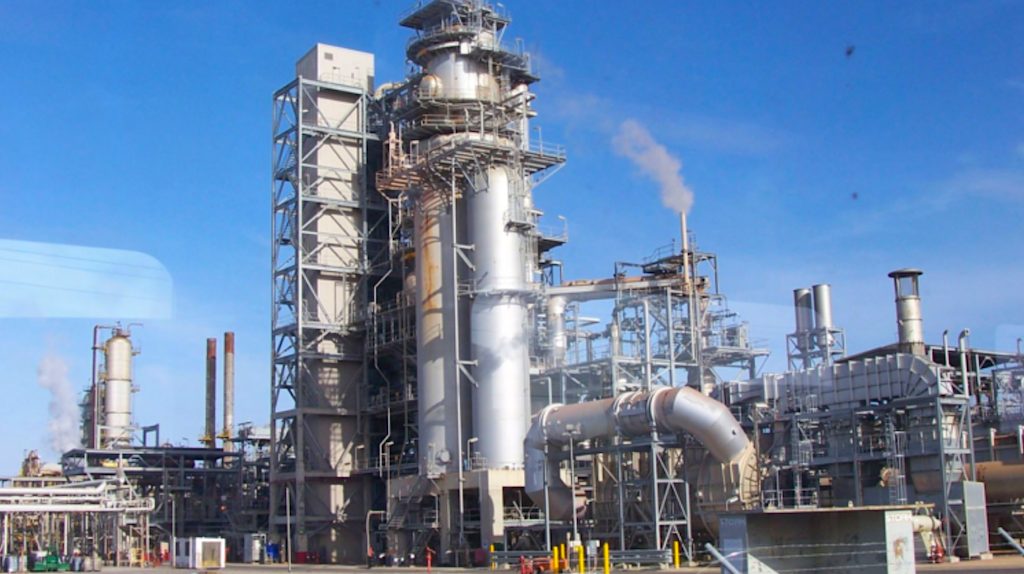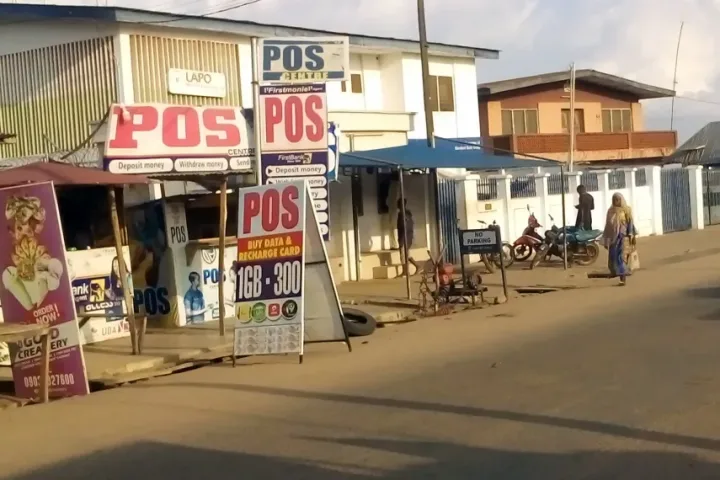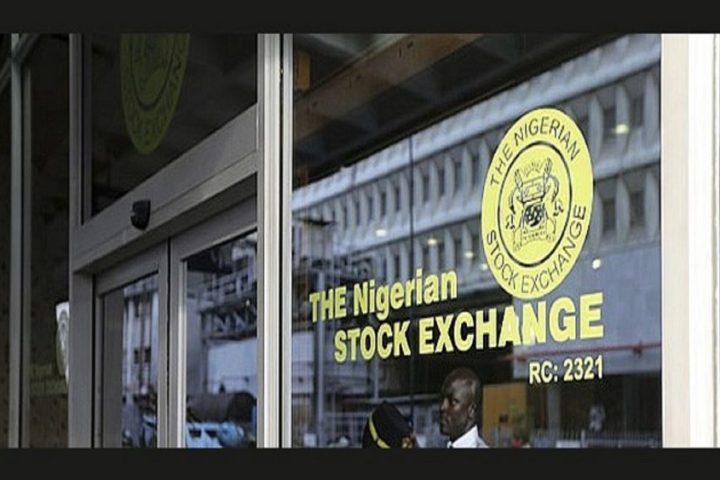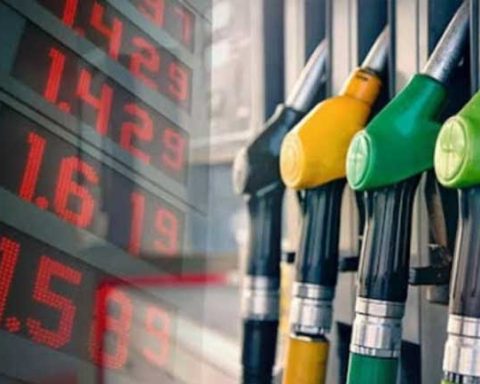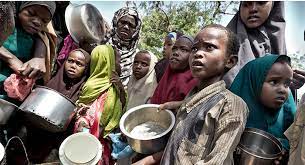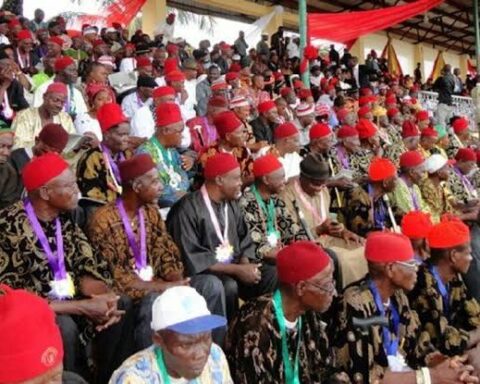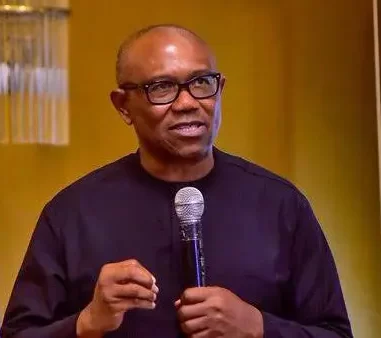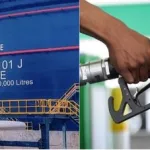The National Petroleum Authority of Ghana (NPAG) is proposing to import refined petroleum products from Dangote Refinery to strengthen its energy security and maintain business ties with neighbours.
Dr Mustapha Abdul-Hamid, Chief Executive Officer, NPAG, made this known at the 2024 Oil Trading and Logistics (OTL) Africa Downstream Energy Week on Tuesday in Lagos.
Join our WhatsApp ChannelAbdul-Hamid, who was one of the panelists at the event, explained that the action was intended to improve regional economic cooperation and bolster Ghana’s energy security.
The NPAG CEO asserted that the 650,000 barrels per day Dangote Refinery is expected to meet Nigeria’s domestic demands and have excess for export to other countries like Ghana.
Abdul-Hamid stated that Ghana wants to reduce its dependence on more expensive imports from Rotterdam and negotiate an arrangement with Dangote Refinery.
“The Dangote Refinery, with its large-scale output, is expected to meet Nigeria’s domestic demand, enabling excess production to be exported to Ghana,” Abdul-Hamid stated.
In addition, he said, Ghana has extended its export contracts to Burkina Faso, Mali, and Niger, providing international operational facilities, such as American military installations.
While advocating more robust regional alliances, Abdul-Hamid cited Ghana’s pipeline deal with Burkina Faso as an example of successful regional collaboration to support petroleum supply and security.
In order to solve West Africa’s energy problems, he emphasised the need for a single currency, improved infrastructure, and cooperative efforts.
READ ALSO: Dangote Cement’s $280m Investment In CNG Boosts Nigeria’s Energy Transition Efforts
He advocated resource sharing to promote economic stability, pointing out that no African country could attain sustained growth on its own.
He proposed that in order to promote smooth trade, West African countries should coordinate their regulatory policies inside the ECOWAS framework.
Highlighting further the importance of a unified currency in oil trading in the sub-region, the NPAG CEO said that though the African Continental Free Trade Area (AfCFTA) provided a platform for collaboration, foreign exchange (FX) issues hindered intra-regional trade.
Abdul-Hamid pointed out that over reliance on U.S. dollar for petroleum imports puts immense pressure on local currencies, with the attendant implication on increasing prices and reducing purchasing power.
He therefore recommended that a common West African currency should be introduced to reduce FX volatility and stabilise regional economies.
Speaking on issues of transport and logistics costs regarding petroleum supply, he asserted that building a shared pipeline infrastructure is “safer and more cost-effective”.
To buttress his points, Abdul-Hamid mentioned the pipeline arrangement between Ghana and Burkina Faso, which he said, aims to guarantee a steady supply and lessen reliance on tanker transportation.
He added that in order to foster collaboration and economic stability, Ghana had implemented regulations that allow traders to share storage facilities.
Victor Ezeja is a passionate journalist with six years of experience writing on economy, politics and energy. He holds a Masters degree in Mass Communication.

